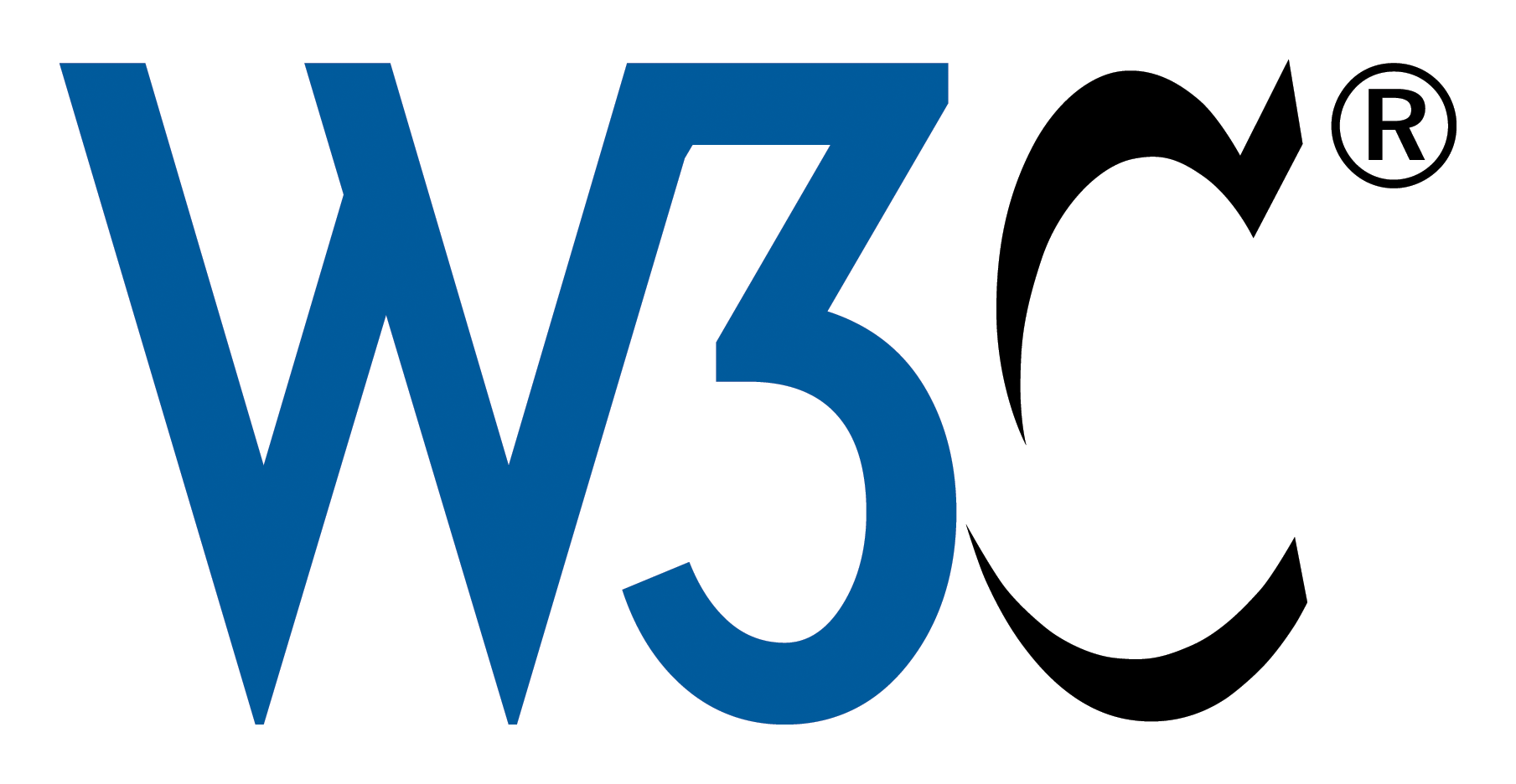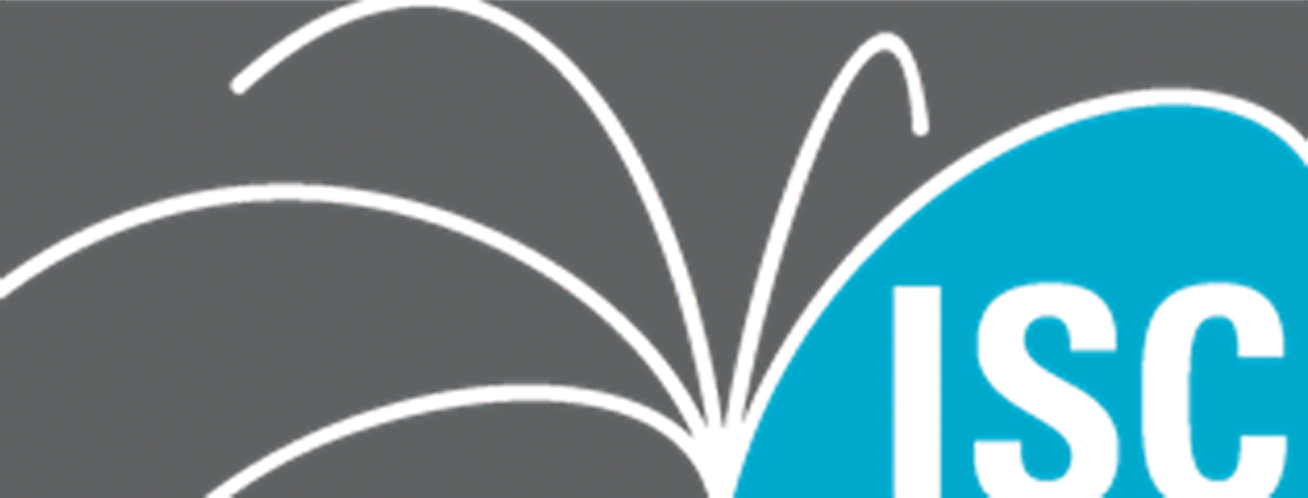News
Facebook Data Centers Go Green
Facebook's new data center in Prineville, Oregon has been recognized with LEED Gold Certification from the US Green Building Council. According to the press release, the data center uses 38 percent less energy to do the same work as the company's existing facilities.
Noteworthy features include: 100 percent outside air evaporative cooling; custom servers that use 38 percent less energy and can operate at higher temperatures to reduce mechanical cooling needs; innovative electrical distribution from an on-site substation that eliminates unnecessary losses from transformations and conversions.
Also according to the announcement, 100 percent of rainwater is captured and reused, resulting in a savings of 272,000 gallons of municipally treated water per year. A solar energy installation at the data center generates an estimated 204,000 kilowatt hours per year, providing electricity to the office areas, and the offices themselves are heated through reuse of heat that is generated by the servers.
Facebook also announced plans to build a new data center in Sweden – its first outside the US – to improve performance for European users. Facebook has chosen the northern city of Lulea, Sweden, for the new data center partly because of the cold climate, which is crucial for keeping the servers cool, and partly because of access to renewable energy from nearby hydropower facilities. Lulea is located 60 miles (100 kilometers) south of the Arctic Circle.
This move reflects Facebook's growing international presence. It now has 800 million users worldwide, and according to Facebook director of site operations Tom Furlong, "Facebook has more users outside the US than inside."
You can read more about the Prineville center here: http://www.facebook.com/notes/prineville-data-center/prineville-data-center-receives-leed-gold-certification/10150367156038133 and read about the Lulea center here: http://online.wsj.com/article/SB10001424052970203554104577002000543513954.html#ixzz1eMNg3ySt.

Top 10 Supercomputers Retain Position
For the first time since the TOP500 List of the world's most powerful supercomputers was published in 1993, the top 10 supercomputers remained unchanged from the previous list. Japan's "K Computer" maintained its position at the top of the most recent TOP500 List – with a benchmark rating nearly four times as powerful as its nearest competitor. The K Computer, which is installed at the RIKEN Advanced Institute for Computational Science in Kobe, Japan, achieved 10.51 petaflops on the Linpack benchmark using 705,024 SPARC64 processing cores.
The largest US system on the list (at No. 3) is a Cray XT5-HE system called Jaguar. It is installed at the Oak Ridge National Laboratory, Tennessee, and has a 1.75-petaflop performance benchmark. Other top US systems include: Cielo, a Cray XE6 at Los Alamos National Laboratory, New Mexico (No. 6); Pleiades, an SGI Altix machine at NASA's Ames Research Center, Mountain View, California (No. 7); Hopper, a Cray XE6 at the National Energy Research Scientific Computing Center, Oakland, California (No. 8); and Roadrunner, an IBM system that was the first ever to break the petaflop barrier, at Los Alamos, New Mexico (No. 10).
Although the top rankings did not change, the newest list does highlight other developments. For example:
- China now has 75 systems on the list (including No. 2) and ranks second to the United States (ahead of Japan, UK, France, and Germany) in terms of HPC usage.
- Thirty-nine systems use GPUs as accelerators (up from 17 systems from the previous list); 35 of these use NVidia chips, two use cell processors, and two use ATI Radeon.
- Sixty-two percent of the systems use processors with six or more cores.
- Intel provides the processors for 76 percent of the TOP500 systems.
You can see the entire list at: http://www.top500.org.

25 Worst Passwords
"Password" ranks first on SplashData's annual list of most commonly used Internet passwords. SplashData, a password management application provider, recently released the list ranking the top 25 worst passwords in order of how commonly they are used.
Here are the top ten:
1. password
2. 123456
3. 12345678
4. qwerty
5. abc123
6. monkey
7. 1234567
8. letmein
9. trustno1
10. dragon
SplashData CEO Morgan Slain urges businesses and consumers using any of the passwords found on the list to change them immediately. You can read the complete list at: http://splashdata.com/splashid/worst-passwords/index.htm.
W3C Publishes Do Not Track Specification
The World Wide Web Consortium (W3C) has published the first working draft of a new web standard addressing online privacy. The draft establishes an official specification for the mechanism that browsers use to broadcast the "Do Not Track" (DNT) privacy preference to websites. The draft was written by the W3C Tracking Protection Working Group and could be ratified as an official standard by the middle of next year.
According to the draft, "this specification defines the HTTP request header field 'DNT' for expressing a tracking preference on the web, a well-known location (URI) for providing a machine-readable site-wide policy regarding DNT compliance, and the HTTP response header field 'Tracking' for third-party resources engaged in dynamic tracking behavior to communicate their compliance or noncompliance with the user's expressed preference."
A companion document, "Tracking Compliance and Scope," more precisely defines the terminology of tracking preferences, the scope of its applicability, and the requirements for compliant first- and third-party participants when a tracking preference is received.
You can read the entire draft at: http://www.w3.org/TR/2011/WD-tracking-dnt-20111114/. Comments on the working draft are welcome and can be sent to public-tracking@w3.org.

Tenfold Growth in Mobile Traffic Predicted
TA new report from Ericsson says mobile data traffic will grow tenfold between 2011 and 2016, mainly driven by video. In its new Traffic and Market Data report, Ericsson states that mobile broadband subscriptions grew by 60 percent in one year and are expected to grow from 900 million by the end of 2011 to almost 5 billion in 2016.
The report also notes that by 2016, more than 30 percent of the world's population will live in metropolitan and urban areas with a density of more than 1,000 people per square kilometer. These users, living on less than 1 percent of the Earth's total land area, are expected to generate around 60 percent of mobile traffic.
According to the report, these estimates are based on measurements the company recorded over several years in networks covering all regions of the world. Ericsson has a presence in more than 180 countries, where it supports more than 1,000 networks. This allows the company to measure mobile voice and data volumes, resulting in a representative base for calculating world total mobile traffic in 2G, 3G, and 4G networks. You can read more at: http://www.ericsson.com/thecompany/press/releases/2011/11/1561267.
Update BIND Now
The Internet Systems Consortium (ISC) has issued a security warning involving BIND 9. The report says that organizations across the Internet have reported crashes interrupting service on BIND 9 nameservers performing recursive queries. The affected servers crashed after logging an error in query.c with the following message: INSIST(! dns_rdataset_isassociated(sigrdataset)). Multiple versions are affected, including all currently supported release versions of ISC BIND 9. ISC is investigating the root cause and has produced patches that prevent the crash.
According to the report, the patch has two components. When a client query is handled, the code that processes the response to the client must ask the cache for the records for the name that is being queried. The first component of the patch prevents the cache from returning the inconsistent data. The second component prevents named from crashing if it detects that it has been given an inconsistent answer.
The ISC recommends immediate upgrade to one of the following patched versions: BIND 9.8.1-P1, 9.7.4-P1, 9.6-ESV-R5-P1, or 9.4-ESV-R5-P1. You can read the full security report at: https://www.isc.org/software/bind/advisories/cve-2011-4313.
Also, the SANS Internet Storm Center is asking anyone who may have packet captures of attacks aimed at BIND to please forward them using the contact form at http://isc.sans.edu/contact.html.

